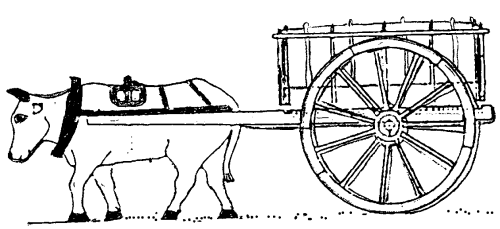
|
Ch'an Master Nan-yueh Huai-jang, Abbot of the Po-je Temple, noticed a young man meditating in the main shrine every afternoon. Since the man seemed to possess Ch'an wisdom, Huai-jang asked him kindly, "My friend, what are you doing here?" The young man obviously did not like being disturbed and reluctantly answered, "Sitting in meditation." "Why are you sitting in meditation?" asked Huai-jang again. Quite perturbed, he nevertheless replied, "To become a Buddha!" The Master continued to pursue his questioning in a kind manner, "How can you become a Buddha by sitting in meditation?" This time, the bound man ignored the question to show his disdain for the talkative old monk. Since Huai-jang could not attract the young man's attention by talking, he found a brick and began to rub it on the floor while sitting nearly. In the days that followed, whenever the bound man came to meditate. Master Nan-yueh would return to his task of rubbing the brick. Finally, the young man could no longer suppress his curiosity and inquired, "What are you doing here every day, if I may ask?" "Polishing the brick." Huai-jang declared. "Why?" he queried. "To make it into a mirror," replied Huai-jang. "How can you turn the brick into a mirror?" the young man asked. "If the brick can't become a mirror by being polished, how can you become a Buddha by meditating?" The young man was astounded by the response. This simple question completely rid him of his arrogance. He immediately stood up and prostrated himself respectfully before the Master, imploring, "What should I do?"
In reply, the Master asked him gently, "Let's say you're driving a cart. If it doesn't go forward, should you whip the cart or the ox?" Upon hearing this, the young man prostrated again and then knelt down, saying, "Master, how can I be free from all bondage and attain nirvana?" "Your study of the doctrines of the Buddha is like sowing seeds, while my expounding to you the essence of the Dharma is like sprinkling sweet dew on those seeds. When causes and conditions harmonize, you'll be awakened to the Path." After hearing this, the young man became enlightened. Later, he became the famous Ch'an Master Ma-tsu Tao-i.
(Source: Hsing Yun's Ch'an Talk, Book 4) |









